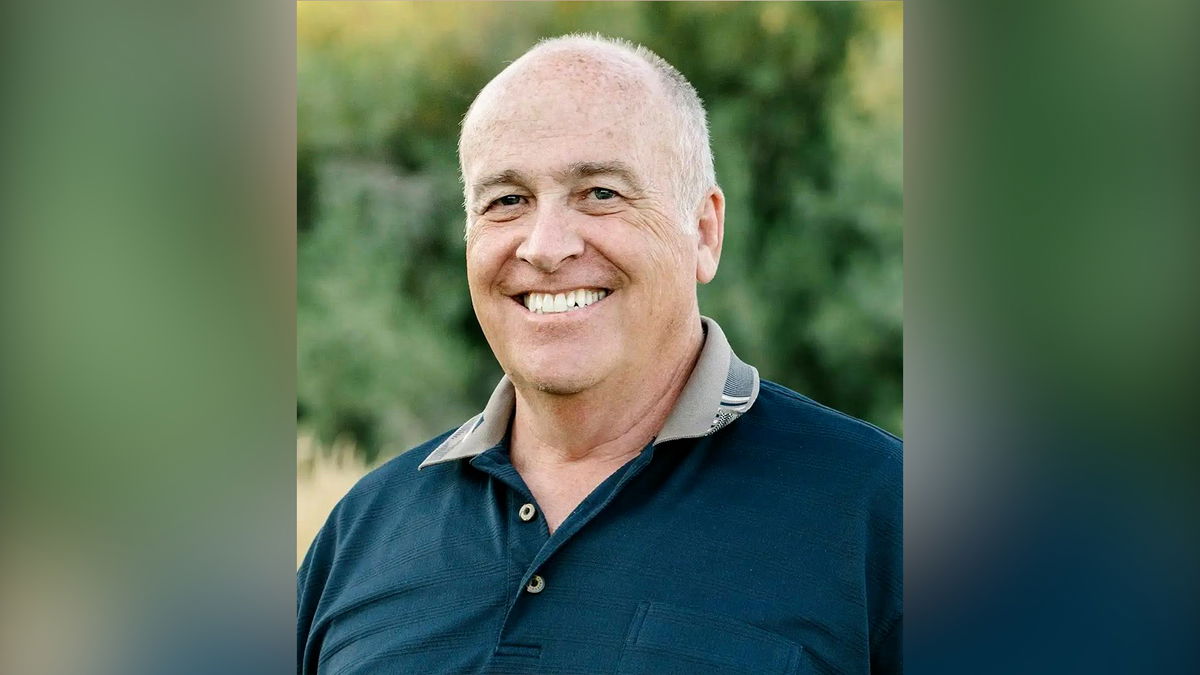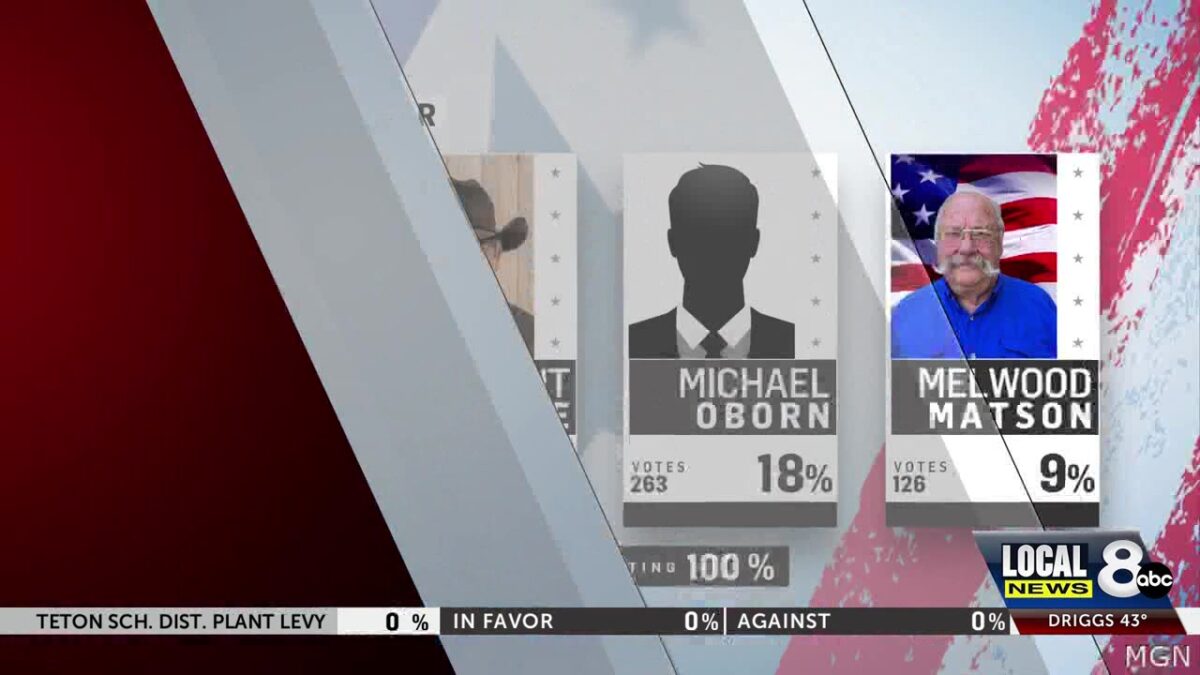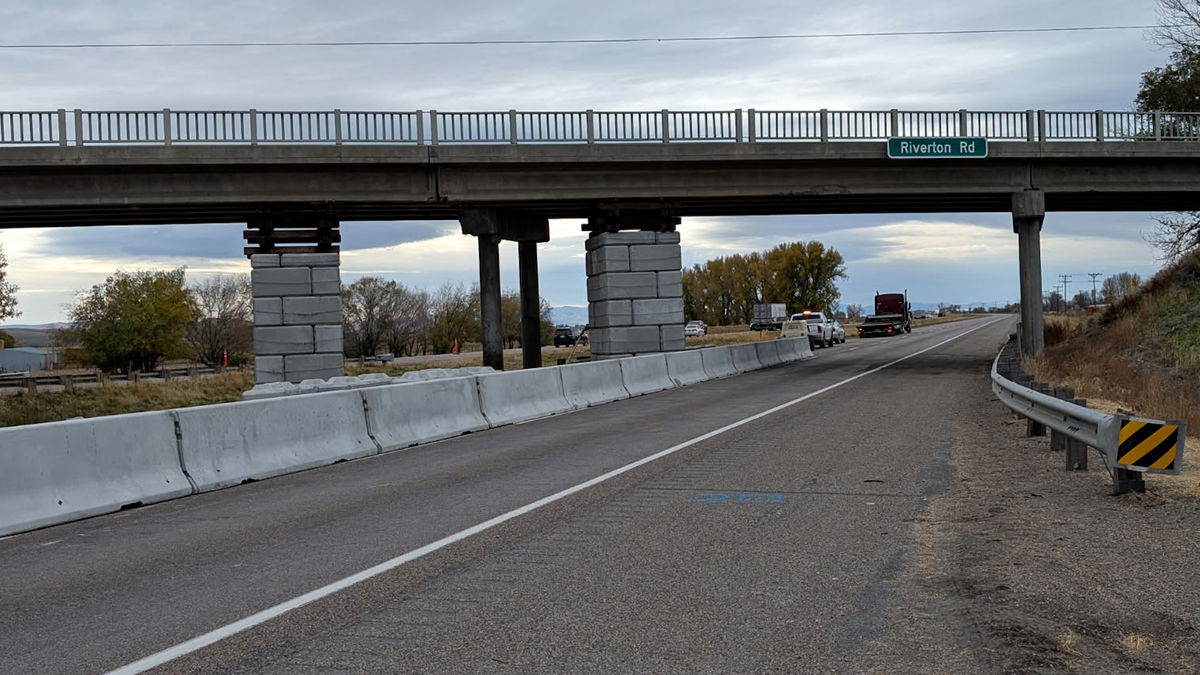News Release
The following is a news release from the Wyoming Game and Fish Department:
AFTON, Wyoming (WGFD) — A multi-year investigation recently wrapped up in Lincoln County on Sept. 24 when Rodney Gilstrap of Idaho Falls, Idaho, was sentenced on multiple wildlife-related charges following an appeal filed in August 2024. The charges stemmed from Gilstrap falsely claiming to be a Wyoming resident beginning in 2018 and then illegally killing deer, elk, and pronghorn in western Wyoming.
Afton Game Warden James Hobbs began this investigation in 2019 after receiving anonymous tips from the public that Gilstrap was claiming to be a Wyoming resident for the purpose of obtaining resident hunting licenses but was living and working in Idaho Falls. Shortly after receiving this information, Hobbs and Wyoming wildlife investigators began an investigation into Gilstrap’s background in which Gilstrap committed multiple wildlife related crimes from 2018-21. These crimes occurred in multiple Wyoming counties including Lincoln, Sublette and Teton.
Through the course of this investigation, game wardens partnered with the Idaho Fish and Game and search warrants were served at Gilstrap’s residence in Idaho Falls on March 18, 2022. During the execution of these search warrants, officers recovered four large mule deer heads/antlers, two bull elk heads/antlers and one buck pronghorn head/horns. These animals were killed in Wyoming using resident licenses that Gilstrap illegally obtained or were killed without any license. Officers later identified the locations where each of the animals were killed. This revealed that these animals were killed in Wyoming, and allowed officers to identify the counties in which each animal was illegally taken.
Gilstrap was later charged with 22 wildlife crimes in Lincoln, Sublette and Teton counties. In Lincoln County on May 1, 2023, Gilstrap was charged with the following:
Ten counts of making false statements and one count of accessory to making a false statement to procure Wyoming resident general deer, elk, black bear, archery and fishing licenses between Sept. 2018-Sept. 2021.
Four counts involving the intentional killing of a buck mule deer without the proper licenses between Sept. 2018-Sept. 2021.
One count involving the intentional killing of a bull elk without the proper license in October 2018, and one count of killing a bull elk without an elk special management permit.
In Sublette County on May 30, 2023, Gilstrap was charged with the following:
One count of making a false statement to procure a Wyoming resident pronghorn license in May 2018.
One count involving the intentional killing of a buck pronghorn without the proper license in September 2018.
In Teton County on July 14, 2023, Gilstrap was charged with the following:
One count involving the intentional killing of a bull elk without the proper license in October 2020, and one count of failing to properly tag a bull elk.
One count involving the intentional killing of a bull elk without a license in September 2021.
On August 1, 2024, Gilstrap accepted a plea deal and pleaded guilty to three counts of making false statements to procure Wyoming resident deer and elk licenses, and three counts of killing deer and elk without the proper licenses. Gilstrap was sentenced to 540 days in jail with 519 days being suspended and was sentenced to serve 21 days in jail, 3 years of unsupervised probation during which he is required to pay $10,000 in restitution to the Wyoming Game and Fish Department and $17,905 in fines. Additionally, Gilstrap received an 18-year suspension of his game and fish privileges in Wyoming and all member states of the Wildlife Violator Compact, and forfeited all of the heads/antlers previously seized from Gilstrap and in possession of the Wyoming Game and Fish Department. Gilstrap is not allowed to hunt antlers in Wyoming during his probationary period and shall be a law-abiding citizen. With Gilstrap’s guilty pleas in Lincoln County the other 16 charges in Lincoln, Teton, and Sublette County were dismissed.
Following Gilstrap’s guilty pleas on August 1, 2024, his lawyers filed an appeal in Lincoln County District Court. Gilstrap’s lawyers argued the following:
Did the trial court abuse its discretion in sentencing Gilstrap to jail terms to be served on three counts of taking an animal without a proper license?
Did the trial court error in its W.R.Cr.P. 11(e) advisements and procedure to such a degree that constituted procedural conduct prejudicial to Mr. Gilstrap?
Did the State introduce prejudicial error by arguing that jail time has been appropriate in similar cases?
Did the court abuse its sentencing discretion in prohibiting shed antler hunting during the term of Gilstrap’s probation?
On June 10, 2025, Lincoln County District Court Judge Joseph Bluemel affirmed the judgement and sentence entered on August 1, 2024.
Following a Sept. 18 filing of a motion for sentence reduction/modification by Gilstrap’s attorneys, Gilstrap’s motion was denied by Lincoln County Circuit Court Judge Gregory S. Corpening on Sept. 24. Gilstrap will report to the Lincoln County Detention Center on Nov. 7, and serve his jail sentence on a modified, work-release schedule and will finish his 21-day sentence in September 2026.
This case shows the extent some poachers will go to circumvent Wyoming’s residency process to obtain over-the-counter general deer and elk licenses that nonresidents must have a minimum of 4-8 preference points to draw. Not only that, but Gilstrap killed four large buck mule deer over a 4-year period, ranging in antler size from 180-220 inches, and three large bull elk at the expense of Wyoming’s law abiding hunters. The buck mule deer Gilstrap illegally killed would have been a once-in-a-lifetime harvest for most of Wyoming’s legal hunters.
Solving this case would not have been possible without the help of concerned citizens reporting Gilstrap’s illegal activity. The collaborative work between the Wyoming Game and Fish Department and the Lincoln, Teton, and Sublette county attorney’s offices was essential to resolving these crimes.
Wildlife crimes can be reported by calling your local game wardens, calling 1-877-WGFD-TIP (1-877-943-3847) or 307-777-4330 for out-of-state calls. You can also report wildlife crimes via text by sending the keyword WGFD followed by your message to 847-411. Detailed tips allow the Game and Fish to promptly follow-up and investigate reported wildlife crimes with greater success and are greatly appreciated.
Click here to follow the original article.











